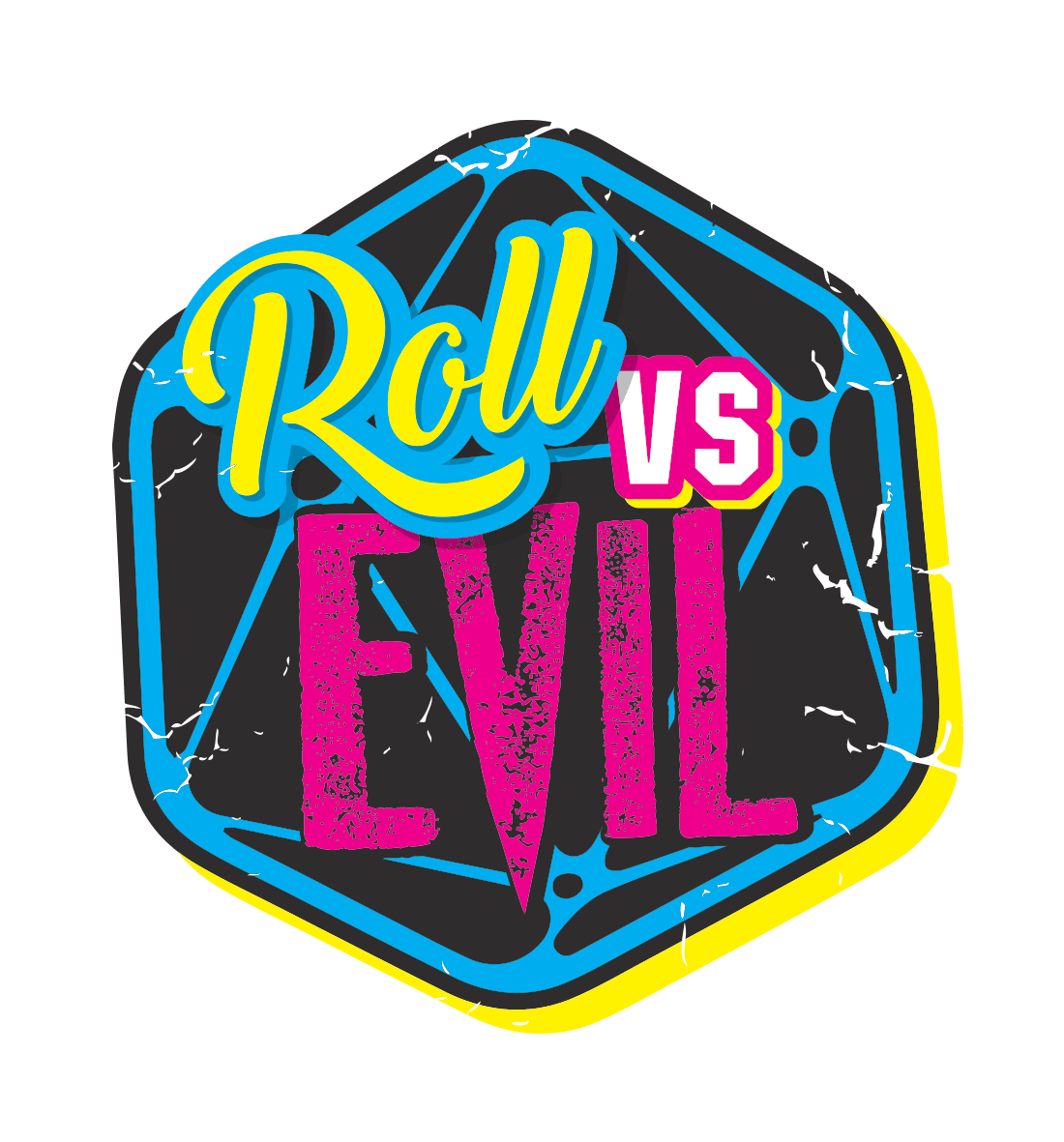Geek Native was lucky enough to grab some time from the busy schedule of Modiphius boss Chris Birch. The tabletop games company was founded by Rita and Chris ten years ago, starting with Achtung! Cthulhu and has grown considerably since then.

In the first of two interviews, we talked about lessons learned and helping others. Modiphius is known for some incredible licenses, which we’ll touch on in part two, but it also operates VIA Modiphius, an offering for smaller game makers.
Chris and Rita also helped set up a charity which has rallied some of the biggest names in the industry. The last question I ask Chris in this section is, “Where do you get all this time and energy from?”
You’ve been around the industry for some time, and have been making a name for Modiphius not just by bringing huge licenses to the tabletop space, but also by helping other creators get access to the market as a whole. You helped Free League get their start, correct? And along with that, VIA Modiphius is your indie imprint. What drives you to help others in the market? Are there any people or products you were particularly proud to see come to life?
Hi yes we helped co-publish Mutant Year Zero when it first launched and helped Free League get a foothold in retail, since they’ve it’s amazing to see how they’ve grown. We hope to do the same with all our partners. I remember what it was like when I first started and contacted many people in the industry for help and advice. I’ve been particularly fortunate with my varied career in the entertainment industry to gain a huge amount of business, creative and marketing experience so being able to use that to help other young creators who may not have had the same background is great.
Not everyone who is good at creating knows all the pitfalls of business and building a distribution channel is hard work so our VIA Modiphius channel is there to support innovative creators and reach a wider audience. I was really happy to see Ivan Sorensen’s success with Five Parsecs From Home after discovering his range of games a few years back. I have a personal passion for narrative and solo friendly miniature games and this book has been a huge hit.

What did you learn from your experience with Free League, and what do you think Tomas and company might say if I asked the same of them?
I think Tomas and the team have done an incredible job without our help now – I’d like to think we helped give them the space to be creative and do a great job with their products early on. Certainly on our side we’ve seen how a really lovely team of people can flourish when given the ability to make amazing games.
You mentioned your time in the entertainment business before Modiphius earlier. What did you do, and do any of those skill sets apply to tabletop games?
Well, I started out managing bands, booking tours, and working with the likes of the Lords of Acid, Jamiroquai, The Prodigy, the KLF, and more. From there, I worked in TV development on a sci-fi and animated cartoon show before going back to music and the Tribal Gathering EDM festivals, and we launched a big techno club in London, the Final Frontier.
I went on to start one of the first online PR agencies doing viral marketing and internet-based PR for video game companies, and then launched Joystick Junkies, a boutique fashion label inspired by video games. As a result, I had production, marketing, event, business, creative, PR, development, and trend experience that was invaluable to me as we got moving. As I look back, I see the reasons behind each thing I did and how it helps me now.
What can VIA Modiphius help game creators with, exactly? Is it mostly helping them find printers or distributors, or more?
It varies, some might need help with artwork and layout, or funding the print run, others simply need someone to get their products into distribution and retail, and to amplify their voice to our fanbase.
What’s the business case for Modiphius getting involved with third-party creators like this? Isn’t a big gamble and a lot of hassle?
It’s not really a big gamble – they’re tiny projects in comparison to big releases like Star Trek and need comparatively few resources. If we’re just taking their product to sell, it’s using our marketing resources; if we’re doing art and layout, it’s more but still relatively low impact. It’s kind of like an A&R department for a record label – you invest time and resources in smaller creators and indie projects in the hope some of them will cross over and do really well. Five Parsecs From Home is a great example of a project selling as much as one of our mainstream licensed RPG books. Personally, I love discovering innovative projects and helping see them through the Via Modiphius program – you just never know what may come from it.

If a game creator is reading this and now fancies pitching their game to you for VIA Modiphius, what three things should they do before that?
Don’t come with a basic concept. Write it up and playtest it, do a basic layout (I mean seriously, word doc saved as PDF is fine), get it up on DriveThruRPG as a beta to test the audience and playtest it, and tell the community. In this way, it’s like a band doing gigs around the local pubs – show that you can make a game because it’s easy to talk about it, hard to finish it. We don’t care how it looks, and if the game is good, it will find an audience; we can then help make it look ready for retail.
What can indie RPG makers to do maximise their profit and boost their chances of making more than one game?
Make a game, get it out there, make another game, get it out there. With each one you make, you’ll get better and grow a following. Start doing your own PR – email reviewers with free review copies on DTRPG – build a list of press by searching all the sites that cover similar games to yours and finding the editors’ contact email or contact us pages. Don’t be afraid to make money – sure, at the beginning, make your first products free but as soon as you can afford the layout and art, charge a fair price, you need to pay yourself otherwise, your partner may start to question the time spent on this (which will be a lot) and you want to be able to pay for better layout and art. It all costs money. As soon as you can, make sure someone who knows what they’re doing is doing your accounts and working out what you can spend on the next project, don’t overspend because it will look cool, spend what you can afford.
This summer, you kicked off the Roll vs. Evil charity. How did you come up with the idea? Who were some of your partners? How do you feel it’s been going?

It started as a concept to fight real evil in human trafficking, there’s more people in physical slavery now than the slave trade or the height of the Roman empire. It’s the world’s third biggest criminal enterprise affecting 40 million people and generating 4 billion in revenues. With the start of the Russian invasion and war in Ukraine we decided we had to act and RollvsEvil became a great vehicle to help gamers get involved. Our focus is on small frontline groups where we can demonstrate results and make a difference right now. We’ve been helping disabled and senior citizens escape the worst cities, providing medical supplies to frontline aid stations, supporting hostels in poland and more. We’ve had a lot of support from publishers, streamers and gaming groups and raised over £60,000 so far, we’re now partnering with Roll20 for the Roll20 Con and about to launch a range of products that help raise more funds for the projects we’re helping.
Where do you get all this time and energy from?
I love creating and helping people, and I have an amazing team around me that does way more work that lets me focus on new ideas, Via Modiphius projects, and charity work! Learning to delegate more has helped (I don’t do enough yet!). I’m lucky enough to be passionate about my work, so I can be working pretty much anywhere I need to – on a plane, by the pool, or at the office; it’s not hard to spend the time to get the things I want done, but even so, there’s plenty I still would like to do… ;-)
Thanks to Chris for his time and stay tuned for part two.

